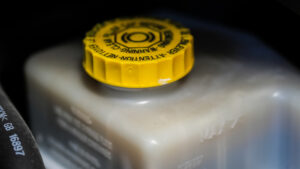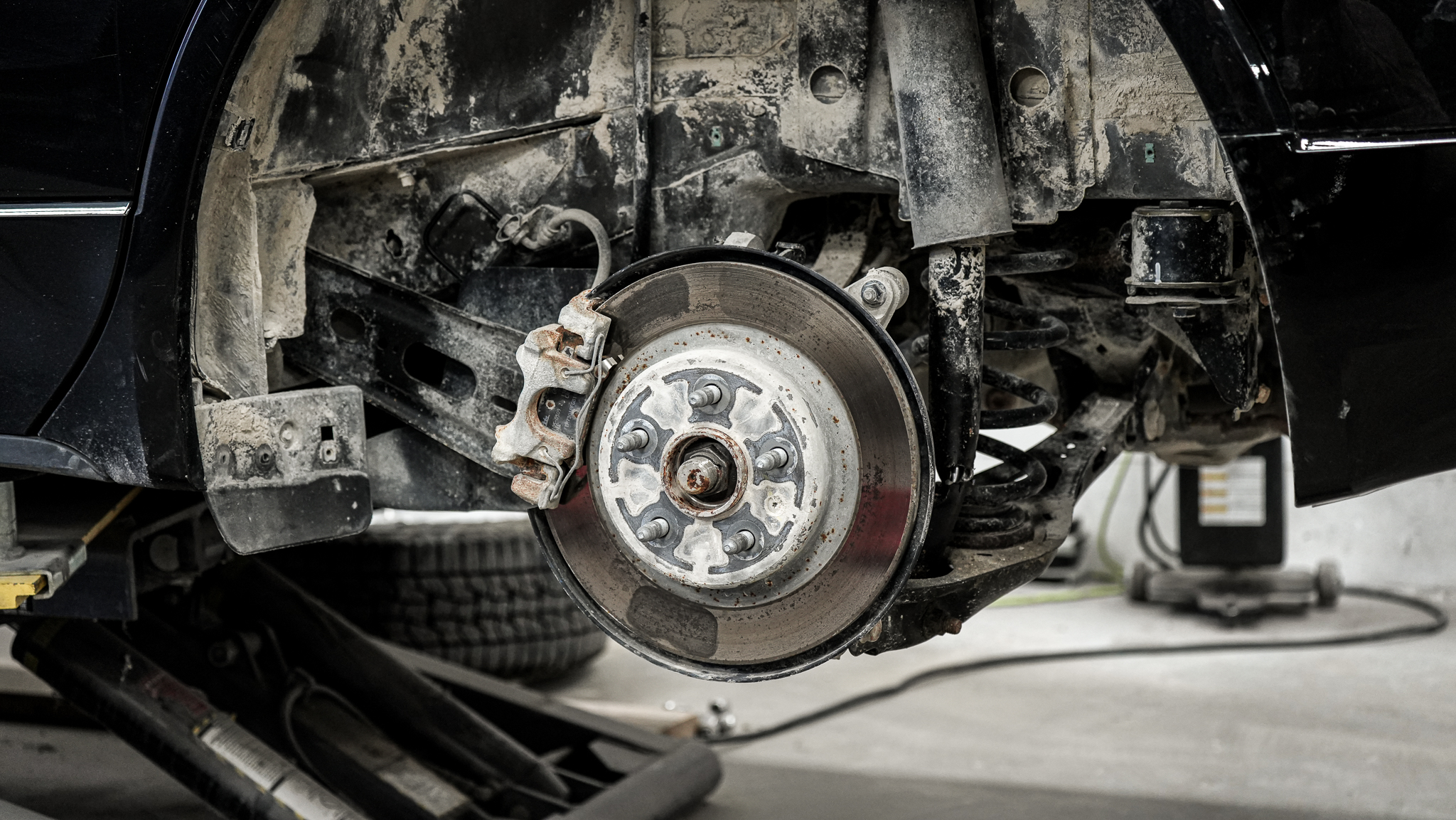With a heavy focus on brakes in the last few weeks, we decided to continue the trend. This week’s article will go into details about brake inspections. What are brake inspections, why are they needed, and what they can reveal? We’ll also provide details on the preferred recommendation for when & why you may need to replace your brakes or replace other components of your braking system.
What are brake inspections?
A brake inspection is an inspection that a mechanic or technician performs on your vehicle to assess your vehicle’s brakes and diagnose any potential problems or issues.
Why are brake inspections needed?
Brake inspections are needed if you think there may be an issue with your brakes but it is not immediately evident what the issue is. Brake inspections are the first step in diagnosing a potential problem with your brake components.
What does a mechanic do during a brake inspection?
While every mechanic may perform a brake inspection a little bit differently, there are a few key components to a thorough and complete brake inspection.
Test Drive
Depending on your preferences and observations, our technicians may test drive your car to observe all symptoms firsthand. A test drive is their chance to experience any sounds or smells you pointed out, document anything that seems abnormal, and get a general idea of what’s going on. They’ll check the brake lights for proper operation as well.
Visual Inspection & Brake Fluid Check
Following the test drive, a technician will pop the car’s hood for a visual inspection of the engine area. They’ll take a look at your vehicle’s master cylinder, power booster, brake lines, vacuum hose, and combination valve. In particular, the technician will look for signs of damage or leaking fluids.
Next, comes a strip dip brake fluid test. A technician will lower a test strip into your brake fluid to diagnose its condition. These strips are similar to the pH testing strips you may have used in high school chemistry class.
A brake fluid test ensures that your vehicle’s brake fluid is in good shape and uncontaminated by other substances and that the fluid level isn’t too low.
Why do we check brake fluid? Because brake fluid helps turn the movement of your brake pedal into the power needed to stop your vehicle. It’s also a lubricant and anti-corrosion fluid that helps to make sure your vehicle’s brake system works optimally.

Braking Assessment
Then, technicians will remove your vehicle’s rear brake drums to inspect them for a variety of different problems, including cracks and hard spots. They’ll compare all findings to the manufacturer’s specifications.
The brake check concludes with a variety of detailed inspections. Wheel cylinders, pins, springs, washers, pads, the backing plate, and primary and secondary brake shoes are all inspected for damage, distortion, or abnormal wear and tear. Your e-brake and your brakes’ self-adjusting mechanism are examined for proper operation.
Schedule Your Brake Inspection Today
If you suspect you may have issues with your brakes, contact Truman’s Automotive to schedule your braking assessment & inspection today. We will check all components of your vehicle and your vehicle’s brakes, diagnose the issue, order the parts quickly, and get you back on the road quicker. Your brakes are a very important safety component of your vehicle, so don’t delay bringing your car in if you suspect issues with your brake components.

